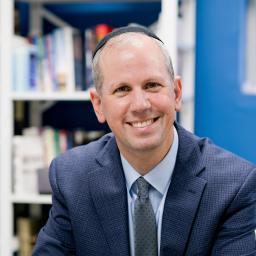In 2000, not long after the breakout of the Second Intifada, I led a group of members in my synagogue on a solidarity mission to Israel. Tourism in Israel had almost completely dried up in the wake of suicide bombings and other terror attacks, and we felt the need to show our support for Israel. I distinctly remember the deeply emotional thoughts Rabbi Shlomo Riskin shared with us. “Americans need to make a choice,” he stated passionately. “Is Israel Disneyland or the Motherland?” He went on to explain that the former is a place you visit when the weather is good, the deal is right and the lines are short. You visit your mother when she needs you most.
Over twenty years later, that exhortation stuck with me, because among my first thoughts after getting word of what happened in Israel on October 7 was, “The Yeshivah of Flatbush has to send groups of students and faculty to Israel, no matter what. We need to be there for Israel.”
Certainly, we had to answer questions such as, was it safe for us to go? Could we help in any way? Would we be more of a burden to people than a support? In the second and third week of October, the answers to these questions were far from apparent, but the resolve of our leadership team grew stronger as we discussed it internally. Love for Israel and its people are at the beating heart of our school. How could we not be there for them in their time of greatest need?
Two critical components drove our decisions. First, one trip would not suffice. Early on, it was obvious that the war would not be a quick one. We wanted to do our best to provide a “continuous presence” in Israel, not just a “one-time thing.” Second, our trips would be about students. Staff and parents were welcome to join, but we would run the trips with a focus on students. We wanted Israel to see that our students cared about her and we wanted to teach all of our students, those who would make a trip or not, that being in Israel at a time of distress is an essential, enduring and uncompromising value.



